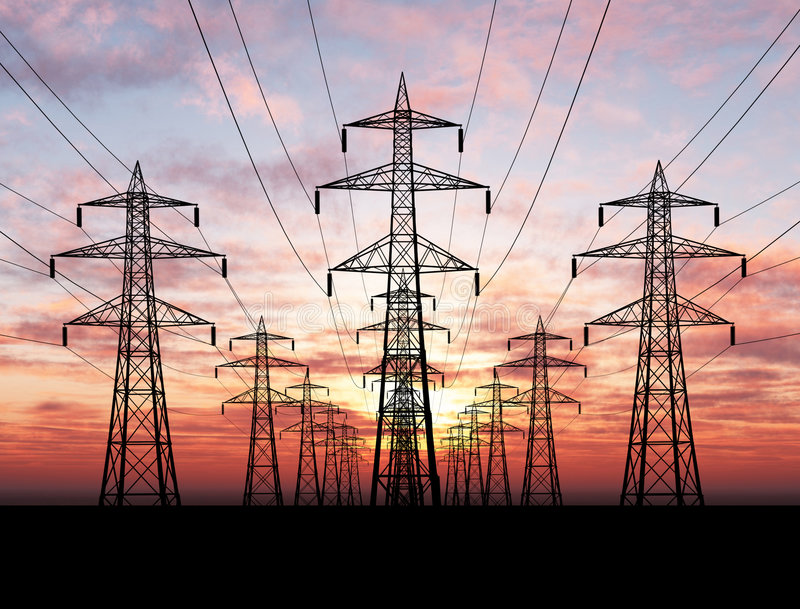Nigeria may never have stable power supply if there is no appropriate tariff across the Gas to Power value chain. This is because not paying an appropriate tariff in any of the value chains would affect all the systems from the gas producers to the power distributor, and this will continue to lead to inadequate supply of gas to the power sector.
An official of the Ministry of Petroleum Resources who spoke with BDSUNDAY said that it would be in the best interest of all stakeholders, especially consumers and the government to ensure power supply is stable and accessible by everyone in the country to address the issue of reflective tariff in the power sector and stop the blame game between power operators and gas supply/producers over payment for what is supplied.
He said that there is enough gas for the country to meet its power need and jump-start its economic activities but there must be enough incentives for investors to participate in the development of the Gas to Power value chain.
He said gas is available judging from the current reserves that the country is having. He however, said there is no gas for anyone now because there are no enough incentives for investors to look for a new sources of gas.
Meanwhile, Nigeria’s gas reserve has hit 200.79 trillion standard Cubic feet (scf), one year ahead of its planned target. This is about five trillion higher than what was obtained in 2018.
However, infrastructural challenge is preventing her having the full benefits of this resource as many of the potential consumers cannot get it for use.
Oil and Gas industry sources which confirmed this stated that the Federal Government has actually planned to achieve this figure by 2020.
The country’s reserve has for many years hovering around 186 trillion standard cubic feet of gas with most of it coming from associated gas.
The sources said the increase is as a result of recent encouragement and policy directives rolled out by the government which are aimed increasing the nation’s gas reserve for the purpose of boosting her economy.
They said the potential for gas growth in the country is very high provided there is enabling environment for investors to operate.
The country currently produces 8 billion SCF of gas domestically with 3.5billion of this going for LNG and 1.5billion for domestic market.
Nigeria’s gas sector has proven to have the potential of been a key player in the emergent global natural gas market. There have been different development concepts and solutions for the effective exploitation and utilisation of this abundant natural gas reserve of which some of this gas reserves are termed ‘stranded’. Economics and profitability of new and existing industrial gas projects been considered to increase gas utilisation with hope of solving the energy crisis in the country.
Effective utilisation and monetisation of the nation’s ‘stranded’ gas reserves has the tendency of solving the energy crisis in the country.
Source: Businessdayng




